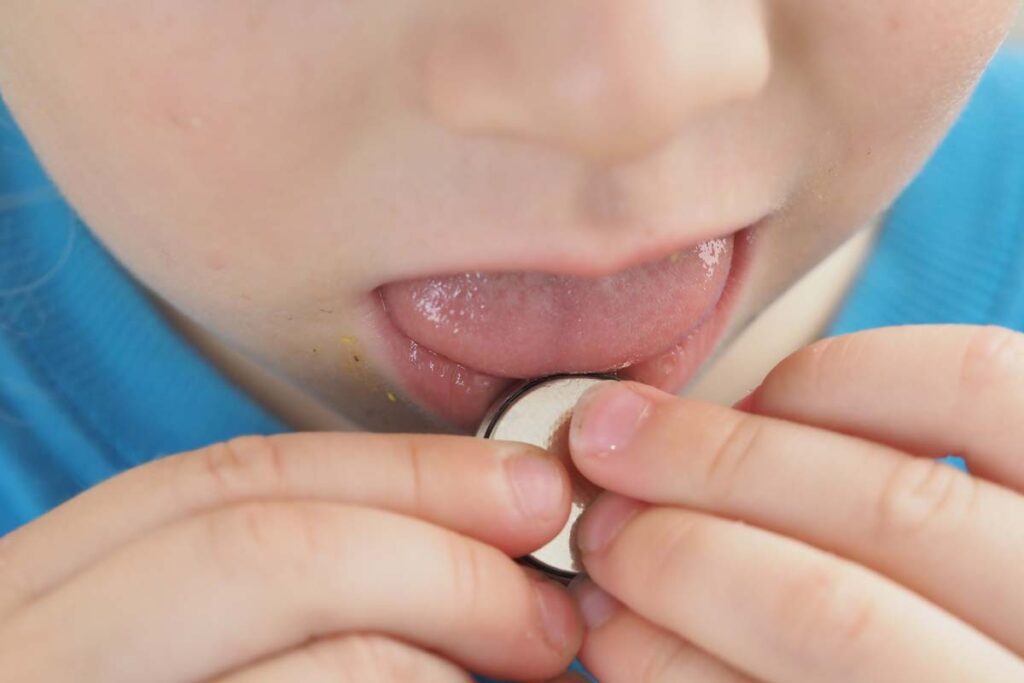
Button batteries overview:
- Who: The United States Consumer Product Safety Commission (CPSC) announced safety requirements mandated to follow Reese’s Law, enacted on Aug. 16, 2022.
- Why: The battery safety rules are meant to make products with button batteries safer for children.
- Where: The news came from CPSC’s Washington, D.C., office.
The United States Consumer Product Safety Commission (CPSC) announced new safety requirements for button batteries and coin batteries to decrease the risk of ingestion by children 6 years or younger.
There have been 27 deaths and an estimated 54,300 injuries treated in emergency rooms associated with ingested or inserted button cell or coin batteries from 2011 through 2021, the CPSC said.
The new requirements are put in place to follow the requirements of Reese’s Law, approved on Aug. 16, 2022.
“Reese’s Law and the Commission’s action today make strong safety requirements for battery enclosures on consumer products the law of the land,” said CPSC Chair Alexander Hoen-Saric. “Recognizing that industry will need to improve the safety of their products and there will be limited testing ability for this universe of products that have never had to be tested for compliance with such standards, we are providing a 180-day period of enforcement discretion.”
The new rules do not apply to toys for children under 14 if the toys comply with federal toy standards. The new law requires battery compartments to use a tool such as a screwdriver or coin or requires the application of at least two independent and simultaneous movements to open by hand.
Batteries can burn child’s esophagus within two hours so head to emergency room immediately if ingested, CPSC says
If coin batteries or button batteries are swallowed by a child, the tiny batteries can burn the child’s esophagus or throat within two hours, the CPSC said.
The battery safety rules state that children suspected to have swallowed the batteries should be taken to an emergency department immediately.
The National Capital Poison Center also recommends giving 10 milliliters of honey every 10 minutes to children 12 or more months old who have ingested batteries. However, it is not recommended to delay heading to an emergency room.
Call the National Battery Ingestion Hotline at 800-498-8666 or the Poison Help Line at 800-222-1222 for treatment information.
Lithium-ion batteries were an issue in a number of fires earlier this year, raising concerns with the batteries found in a number of popular consumer products and transportation mobiles such as electric transit buses and scooters.
Do you use button cell or coin batteries in your home? Let us know in the comments.
Don’t Miss Out!
Check out our list of Class Action Lawsuits and Class Action Settlements you may qualify to join!
Read About More Class Action Lawsuits & Class Action Settlements:















4 thoughts onCPSC approves new federal mandatory safety standard for button, coin cell batteries
Please add me, we use them all the time.
Add me
SIMPLE pass alaw that makes parents responsible for watching their kids!! don’t have’em if U refuse to warch them!!
Wow, add me too.